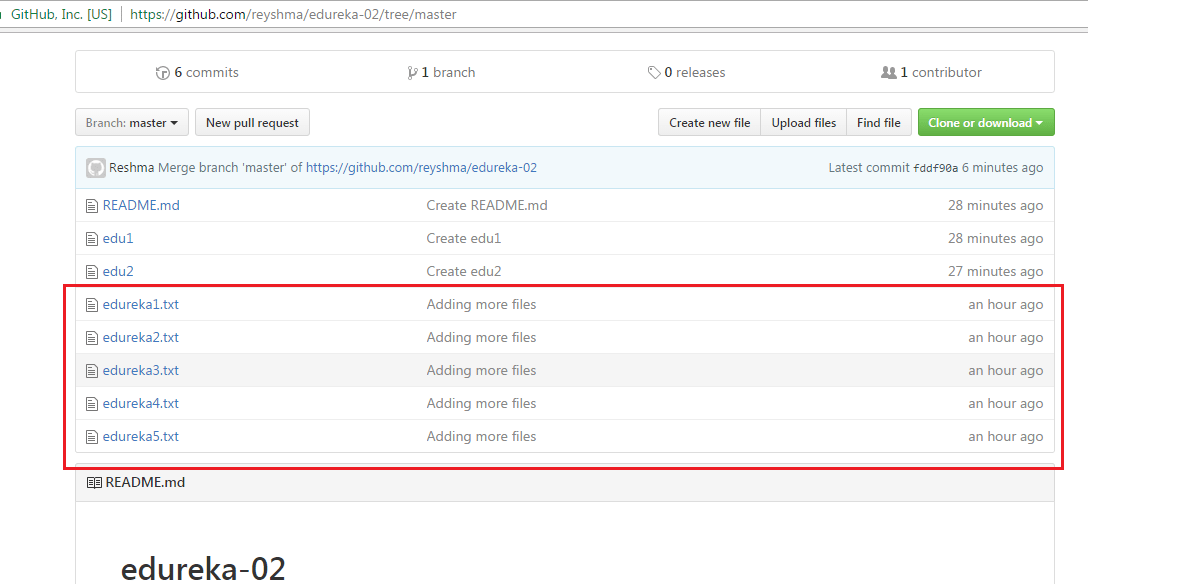

You can REVERT (or you can also call it DELETE) the Git Commit BOTH Locally and Remotely if you follow the steps as given below via git command line.

So now HEAD is in the previous commit, both in local and remote: $ git log

Since I don't want these changes, I just move the cursor back locally as well: $ git reset -hard b4zad078237fa48746a4feb6517fa409f6bf238e No changes added to commit (use "git add" and/or "git commit -a") " to discard changes in working directory) Your branch is up-to-date with 'origin/my_new_branch'. Nice! Now I see the file that was changed on that commit ( myfile.py) shows in "not staged for commit": $ git status I want to get rid of the last commit, which was already pushed, so I run: $ git push -f origin b4zad078237fa48746a4feb6517fa409f6bf238e:my_new_branch
Git undo commit after push to github full#
See a full example on a branch my_new_branch that I created for this purpose: $ git branch Check the git status to see the status of your changes.In the server, move the cursor back to the last known good commit: git push -f origin : First, make a new change to README.md, and run git add to stage the changed file (i.e. If a changed file has been staged via git add, then you need to use git reset to pull the most recently committed version of the file and undo the changes that you’ve made.įollow the steps below to practice undoing changes that occur after git add but before git commit. Remember that once you add a set of changes to version control using git add, the changed file has been staged. You can open the file in a text editor to confirm! Unstage Changes (After git add, Before git commit) Thus, you have discarded the most recent changes. The contents of your README.md file has been reverted to the last saved or committed version. Nothing to commit, working directory clean Your branch is up-to-date with 'origin/main'. See the example below (you do not need to type the comment after #): Be sure that you have cd to the directory for the repository. Or, you can use bash to add some text to the file using the echo command, as shown below.

You can do this by opening the file in a text editor such as Atom and making/saving changes there. Or you can undo all changes (including all changes that have not been committed!) with:įollow the steps below to practice undoing changes that occur before git add.įirst, modify the README.md file in a repository. If you have changed a file but have not yet run git add, you can undo changes by running git checkout.


 0 kommentar(er)
0 kommentar(er)
